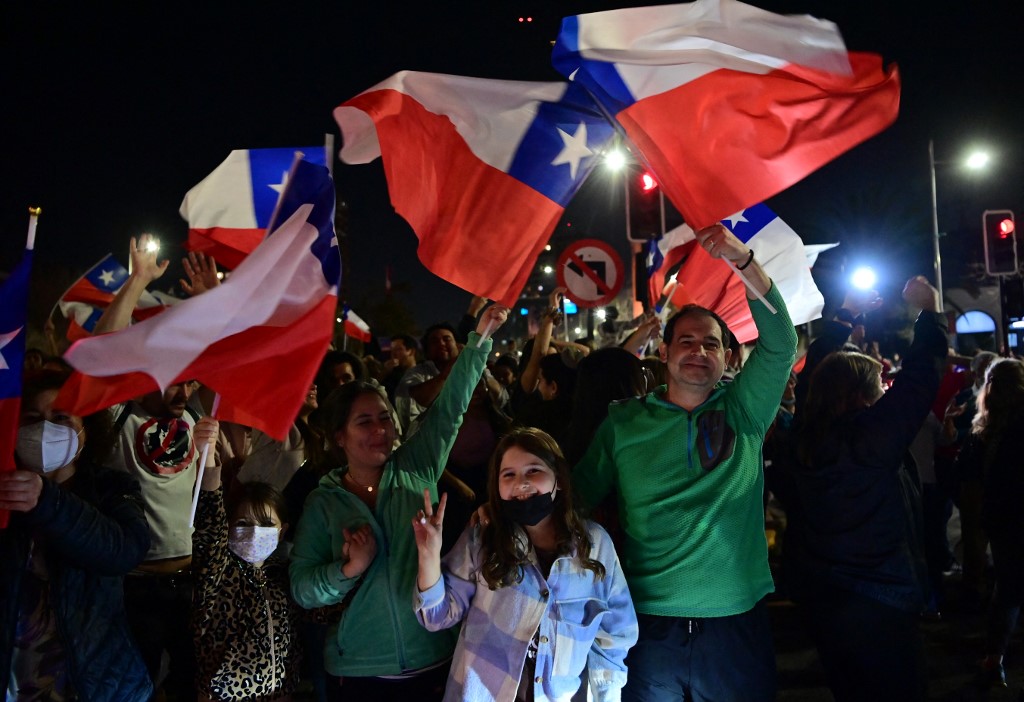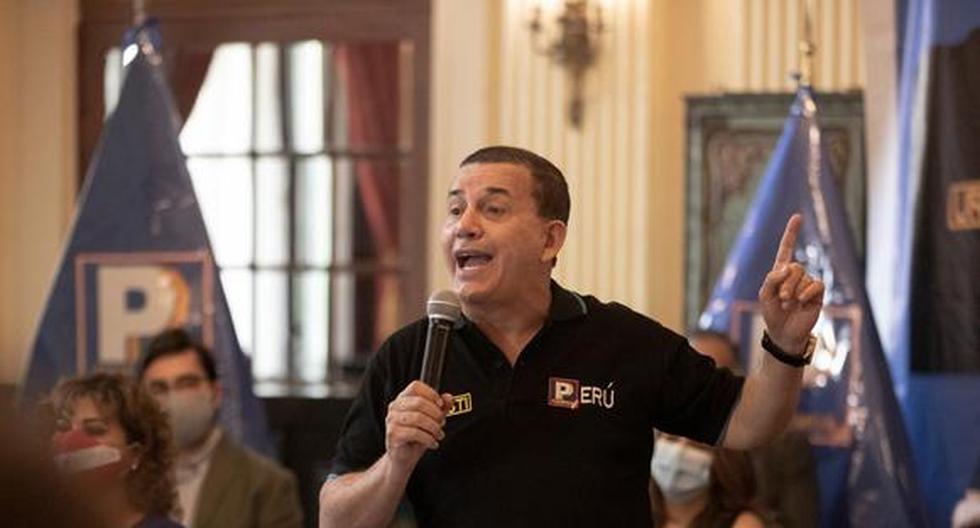Chile began this Sunday the vote count of the historic plebiscite on the new Constitution, one of the most important votes in recent years, which may result in a profound change in its country model.
Source: EFE
More than 15.1 million citizens were called to vote from 08:00 (12:00 GMT) to 18:00 local time (22:00 GMT) to approve or reject the proposal for a new Constitution drafted over a year by a convention elected after the wave of protests of 2019.
The results, which are expected to be very close, will be known a couple of hours after the closing, and it is expected that the Chilean president, Gabriel Boric, will offer a message on a national chain, whatever the winning option may be.
“They are watching us from all over the world,” Boric said early in the morning after casting his vote in his native Punta Arenas, 3,000 kilometers south of Santiago.
The new text declares Chile a “social and democratic state of law, plurinational, intercultural, regional and ecological”, establishes a catalog of new social rights and establishes that its democracy is “equal and inclusive”.
If approved, the text will replace the current Magna Carta, inherited from the dictatorship of Augusto Pinochet (1973-1990) and of a neoliberal nature.
If rejected, the current Fundamental Law will remain in force, although Boric has already announced that he will convene a new constitutional process and that the mandate of the October 2020 plebiscite will be fulfilled, in which almost 80% of Chileans called for a constitutional change.
“Our will and our action, regardless of the result, will be to convene a broad national unity of all sectors (…) We want to hear all voices in order to move forward with this process,” the president stressed.
For the first time, voting is mandatory and during the day there have been long lines in different cities of the country, so a higher than normal turnout is expected.
Gaston Fuenzalida, an electoral delegate at a high school in the capital’s Providencia neighborhood, told Efe that older people tend to vote in his locale and that he calculates that 60% of the voter has done so.
Although the official closing was at 6:00 p.m. local time, some of the almost 3,000 stores remain open because, by law, they are required to do so if there are still voters in line.
“I would be very disappointed if the result in the exit plebiscite is different from the entry one and the text is rejected. We would be an inconsistent country,” Joaquín, 35, one of the last voters at a Providencia school, told Efe.






